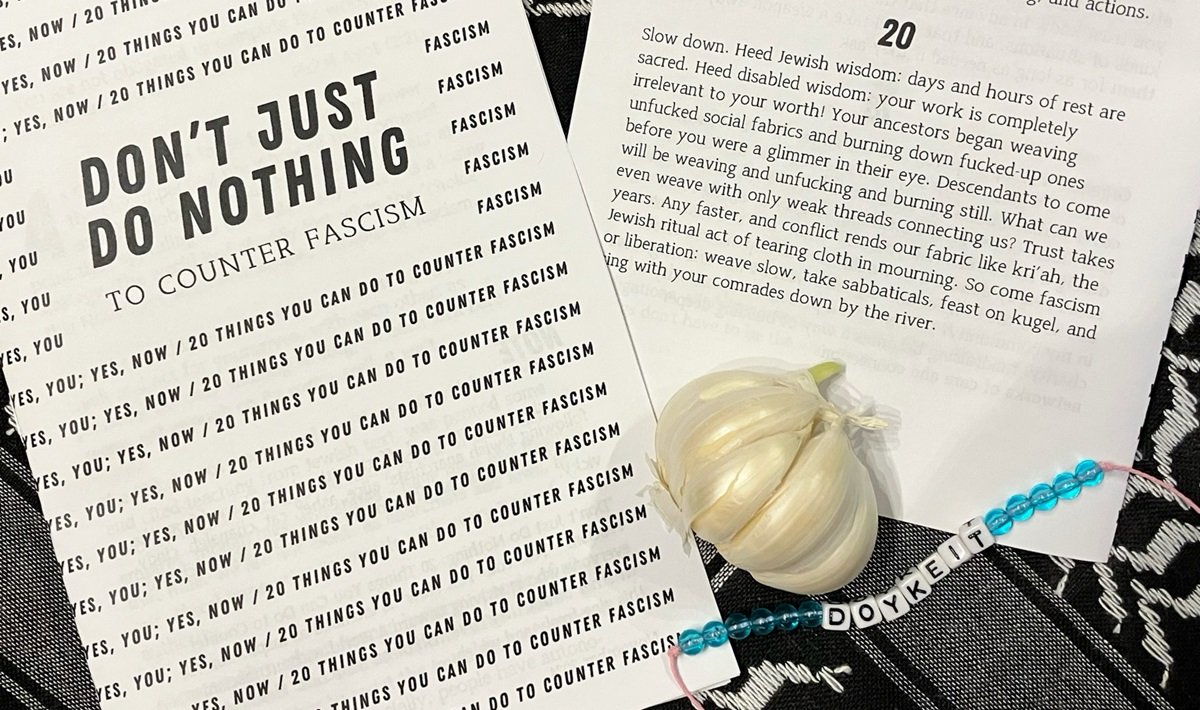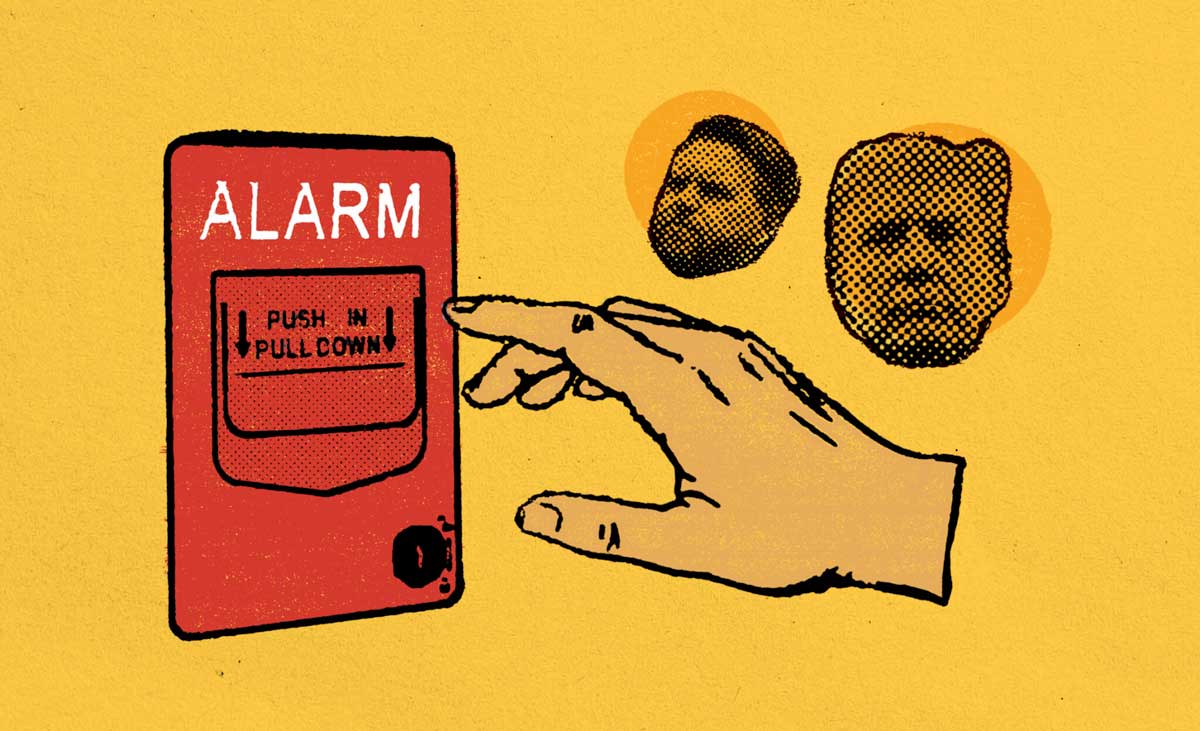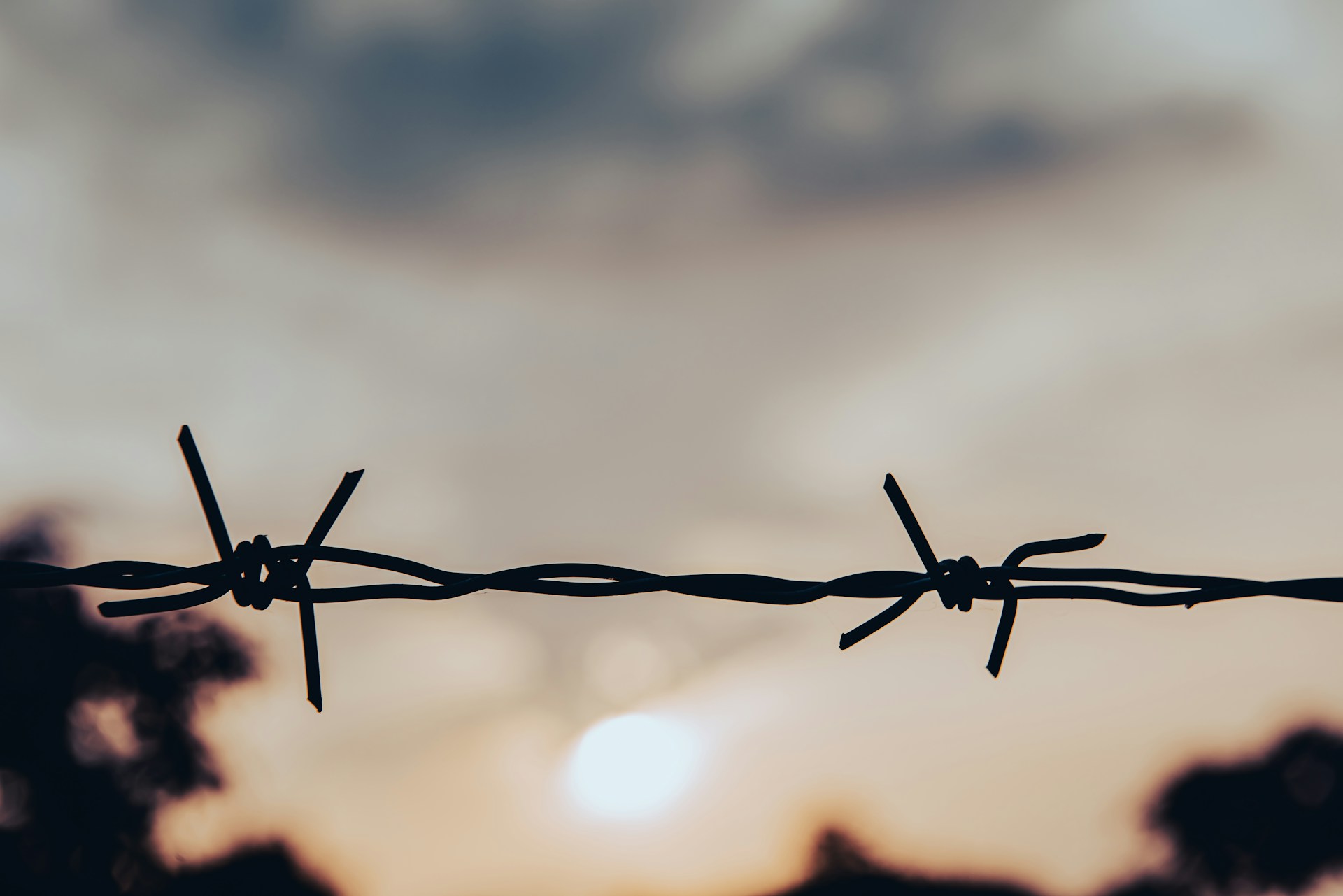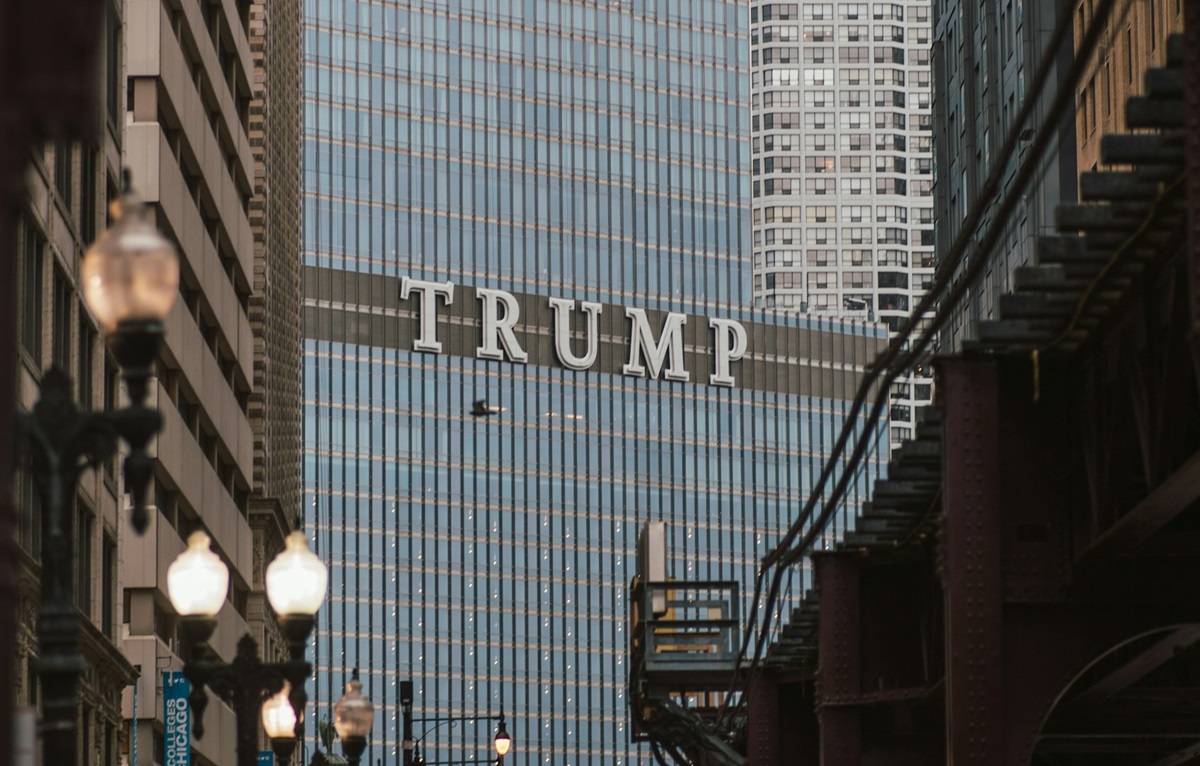Filed under: Analysis, Indigenous, Mexico, Southern Mexico, The State
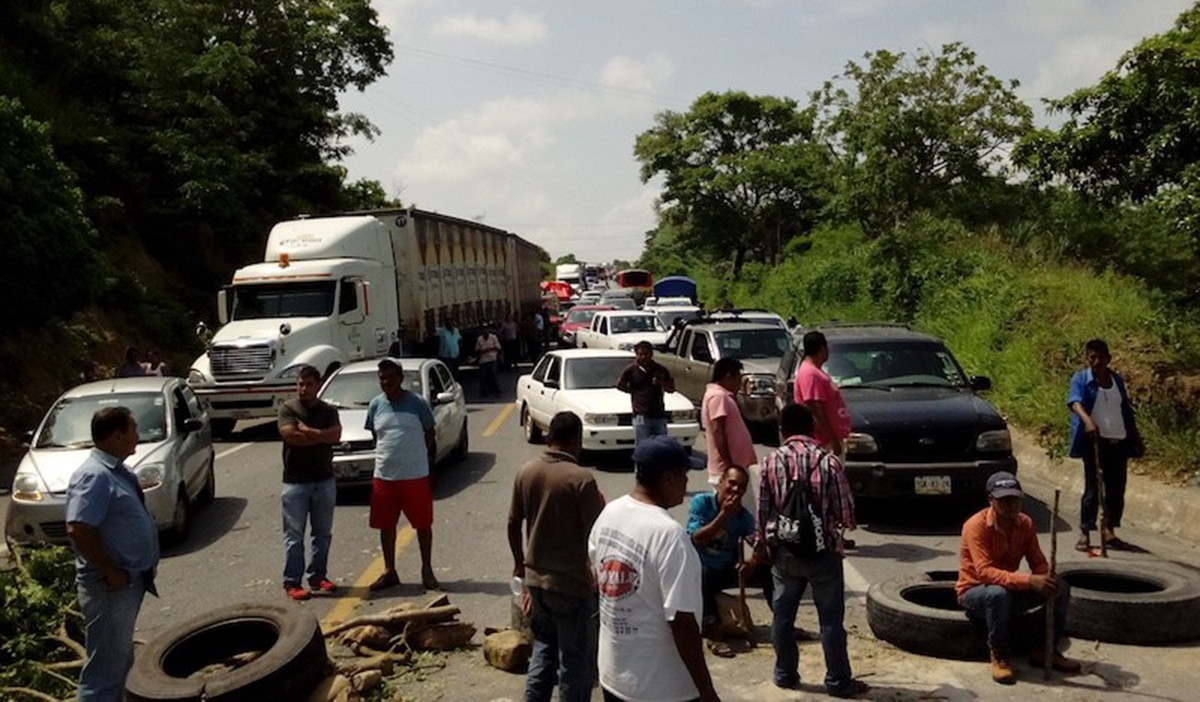
This January 3 marked six months of exile for 191 indigenous people from Tierra Negra who were violently expelled by an armed group in June 2017 for not voting for the PRI candidate, Macario Eleuterio Jiménez, for mayor in San Juan Mazatlán Mixe, Oaxaca. [Note: The PRI – Party of the Institutional Revolution – is the ruling party in Oaxaca and Mexico.]
According to the indigenous Mixe, individuals associated with Eleuterio Jiménez coerced them by force to leave their homes. Five people were arbitrarily imprisoned at the beginning of the conflict, in addition to 40 families that were locked in their homes without electricity or water by orders of the politician.
“We had no choice. We quickly left Tierra Negra, we left everything, our house, livestock and lands and we arrived in this city and are taking refuge in this space where there is no employment, no school for our children, and the food is scarce”, said Filiberto Cándido Hilario, one of the displaced who now lives in a community center in the municipality of Matías Romero, Oaxaca.
The indigenous people claimed that no authority has sought them out to move forward with the denunciations of human rights violations, despite being punished for exercising their voting rights freely and being displaced after the defeat of Eleuterio Jiménez, who accused them for being responsible for his loss of the election.
They explained that the candidate for the mayor’s office carried out a “dirty” campaign against his opponents and handed out food and other favors to secure votes. Nonetheless, the winner of the contest was Ítalio Feliciano Madrigal.
“We’ve lost our houses, land plots and belongings, it seems that we are not Oaxacan because we’re not important to the authorities; we had meetings but no one has resolved the issue, we demand justice because what we’re going through is maddening,” they pointed out.
In the shelter where they’ve lived since they were expelled, they claim that there is a shortage of drinking water, food and electricity, and they live in overcrowded conditions.
“This situation worries us because we can’t continue to live in this shelter under these conditions. There is no school for our children, there is no money, only abandonment by the authorities,” they lamented.


